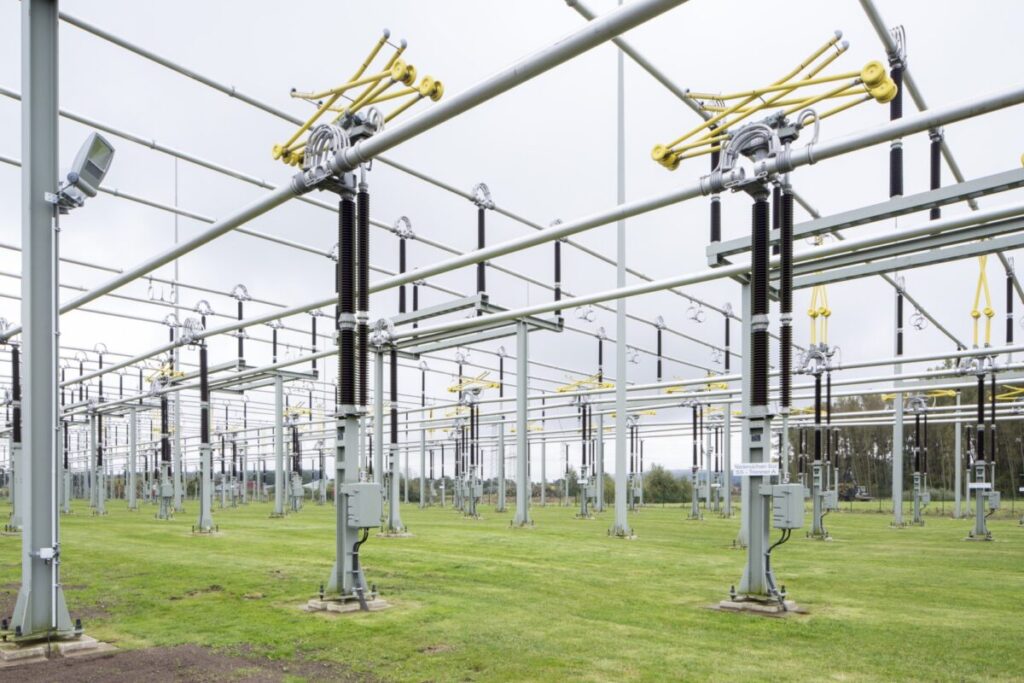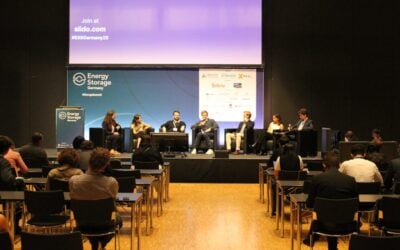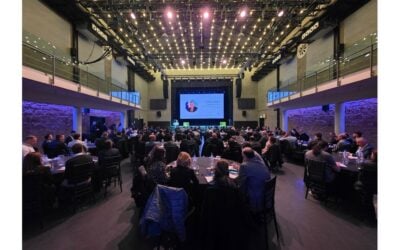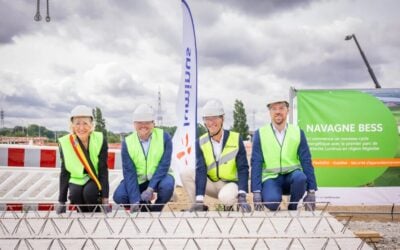
A tender for the provision of energy storage technology for for a ‘decentralised grid booster’ deployment has been launched by Aprion, one of the four major transmission system operators (TSO) in Germany.
Amprion invited tenders for the project in late November (21 November), giving interested providers until 3 April, 2025, to submit bids.
Enjoy 12 months of exclusive analysis
- Regular insight and analysis of the industry’s biggest developments
- In-depth interviews with the industry’s leading figures
- Annual digital subscription to the PV Tech Power journal
- Discounts on Solar Media’s portfolio of events, in-person and virtual
The tender is non-discriminatory, Amprion said, and will cover the construction and operation of the energy storage projects, which will be deployed at five substations and total 250MW of grid-supporting capacity. ‘Non-discriminatory’ presumably refers to the choice of technology, though Amprion has also said it will use battery energy storage systems (BESS).
The project was approved by regulators in March 2024 as part of Germany’s Network Development Plan (NEP) 2023-2037/45. Grid booster energy storage projects have been launched by three out of Germany’s four TSOs, and are placed at critical grid nodes to stabilise the grid and reduce operating costs.
The other announced projects, by TransnetBW and TenneT, are both being provided by sytem integrator Fluence. ‘Grid booster’ projects (‘NeztBooster’ in German) are also sometimes called storage-as-transmission, and the first major project that is operational is in Lithuania, also deployed by Fluence.
Amprion expects to award contracts for its project in summer 2025, and is aiming to have them online in 2026. It said the BESS will increase utilisation of power lines, reducing intervention need, and expects savings to be in the several billions of euros annually. A significant expansion of the grid in Germany is expected from 2027 onwards, and the grid boosters will help alleviate those costs.
Amprion also said that, unlike other grid booster projects, its project will be allowed to play in the general electricity market for limited periods of time to increase its utilisation and economic efficiency. It hopes that can make the project a test for future usage concepts for BESS.






